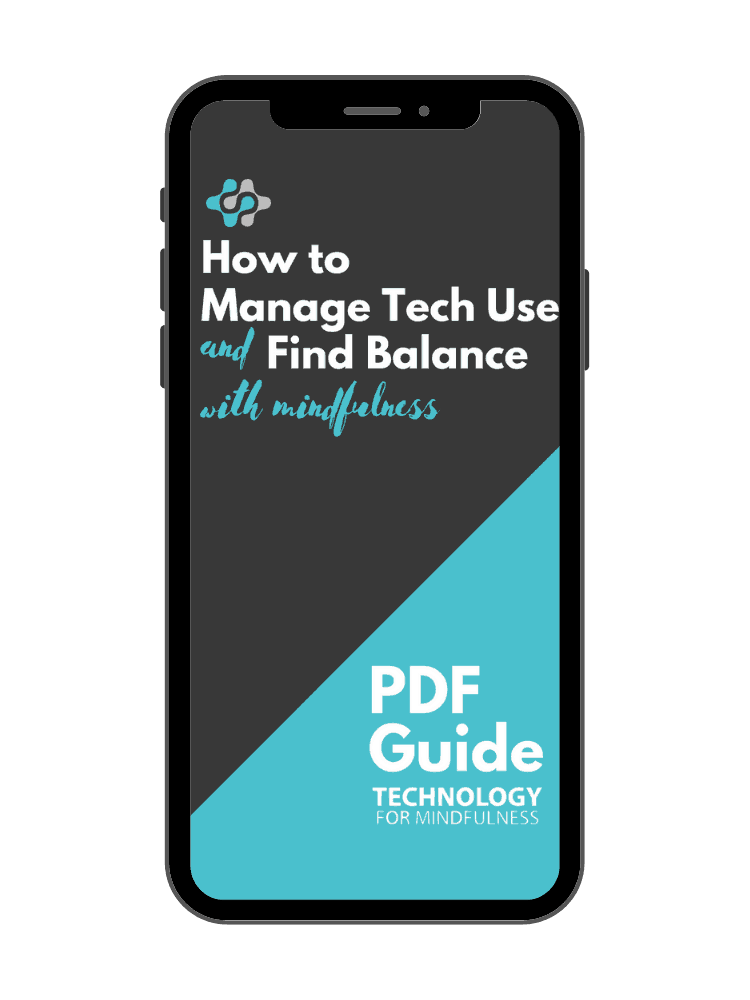In our previous post Two Theories of Distraction: Is it Becoming a Bigger Issue?, we talked about the two oldest and biggest theories of distraction: spiritual and material distraction. But there’s a new theory of distraction that’s been brought to light by Matthew Crawford in his new book The World Beyond Your Head: Becoming an Individual in an Age of Distraction.
Crawford’s theory is somewhat of a mutual-reinforcement theory. Crawford argues increased distraction is a result of changes in technology that have been born out of spiritual commitments.
Today happiness can be strongly associated with freedom, and distraction is a way of re-asserting dominance when our own independence and freedom is out of our control—a sort of escape. This isn’t a new phenomenon; technologies like smartphone, with their portability and variety of entertaining features, have just made finding distraction easier.
As much as we complain about distraction, the truth is, we enjoy it… until it causes harm. For example, think of college students trying to a write report, they’ll likely easily get distracted by nearly anything because, let’s admit it, anything is more exciting that writing a school report. The students’ enjoy the distraction as they’re doing it—watching cat videos on YouTube, playing Angry Birds, whatever—until the due date nears. When the due date gets closer distraction turns into panic and regret for wasting so much time.
Although, not all distractions are the same, especially as advertising is increasingly bombarding us. Advertisers are trying to distract us, they’re trying to gain our attention, but we try to take it back. During movie previews in the theaters we scroll through our phone or smartwatches, at the airport we listen to headphones to distract from the news that’s always on the televisions. We are choosing to distract ourselves before they can gain our attention.
What is Crawfords the solution to distraction in a world that’s so full of it? Crawford’s solution is one rooted in mindfulness, more precisely, a powerful, independent mind working at full song. When you’re mind is working, like a cashier trying to ring up customers quickly as the register line grows, or cyclists speeding down the roadside constantly on the look for debris to avoid, you’re so in-the-moment that distraction isn’t an option. Tasks such are these are ones that command the mind to work; they force mindfulness—they leave no room for distraction.
So, is the answer to distraction mindfully distracting yourself with tasks that leave no room for mindless distraction? That seems to be what The World Beyond Your Head is suggesting.


